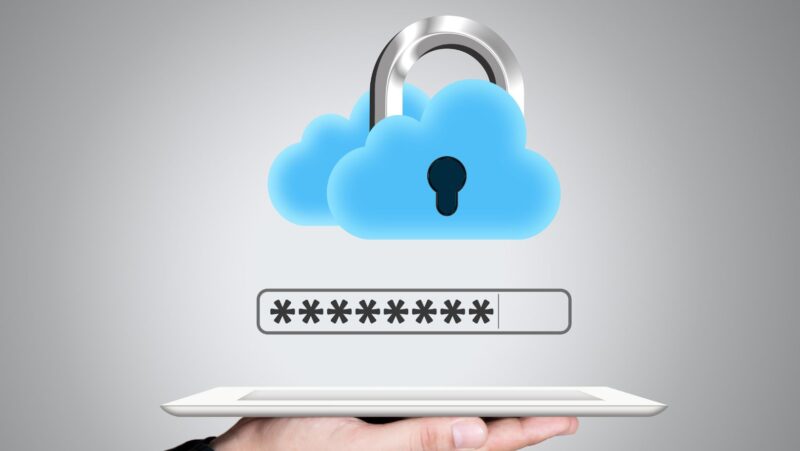
Can A Coworker Take Pictures Of Me Without My Consent
There’s no denying that the widespread use of mobile devices has reshaped our workplaces. One might ask, “Can a coworker take pictures of me without my consent?” The quick answer is, it largely depends on the circumstances and your country’s privacy laws.
In most cases, taking photos without permission in a private setting like an office or workplace is frowned upon. It may even be considered illegal if it infringes upon someone’s right to privacy. However, there are exceptions to this rule—and sometimes those cell phone snapshots could fall into a gray area.
Now, let’s delve deeper into the specifics around this topic: your rights, the legalities involved, and what you can do if you find yourself in such a situation. Remember, knowledge is power – knowing your legal rights can help protect your personal privacy at work.
Understanding the Law on Privacy at Work
Let’s kick things off with a fundamental understanding of workplace privacy. Truth is, it’s a rather complex issue, primarily due to the blurred lines between an employer’s right to ensure productivity and an employee’s right to personal privacy. Usually, employers can monitor employees’ actions during work hours, but there are some limitations. When disputes arise over privacy violations or workplace injuries, seeking advice from a workers’ compensation lawyer can provide clarity and legal guidance.
In most situations, taking photos or videos without consent in the workplace isn’t outright illegal; however, it can be if it infringes upon your reasonable expectation of privacy. For instance, photographing someone in a restroom or changing area would certainly cross the line. However, images snapped in common areas — like break rooms or open office spaces — might not be considered a breach of privacy.
The Electronic Communications Privacy Act (ECPA) could also come into play here. The ECPA protects wire, oral and electronic communications while they’re being made, transmitted or stored on computers. If a coworker is capturing images that include private communications or information without your consent — for example emails over your shoulder — that could potentially fall under this act.
Yet another aspect to consider is whether these pictures lead to creating a hostile work environment – part of workplace harassment laws under Title VII of the Civil Rights Act. If you feel uncomfortable because of these unauthorized photos floating around then it may constitute as harassment.
To sum up:
- An employer has certain rights to monitor activity within their company.
- Taking pictures without consent isn’t always illegal.
- Certain acts protect against breaches of communication privacy.
- Unauthorized photography can contribute towards creating a hostile work environment.
Remember though: I’m just shedding light on general legal principles surrounding this issue; they aren’t hard-and-fast rules and regulations vary by state and country! That said if you find yourself in such scenario at your workplace – don’t hesitate to seek professional advice from an attorney specializing in labor laws!

Can a Coworker Legally Snap Your Photo?
Understanding the legality of someone taking your photo without consent, especially in the workplace, can be tricky. It’s a situation that might raise eyebrows and questions about privacy rights. Let’s delve into this sensitive issue, shall we?
Firstly, as a general rule of thumb, there’s no absolute right to privacy in public spaces including office environments. This means that technically speaking, your coworker could snap a picture of you without facing legal consequences. However, it’s not as simple as it sounds.
Context is key here! If they’re taking photos for business-related reasons such as for company ID badges or promotional materials with proper notice given beforehand then yes – they are within their rights to do so. But if their actions are making you feel uncomfortable and crossing professional boundaries then it becomes an entirely different story.
It’s also important to note that every state has its own specific laws regarding invasion of privacy which may include forms of photography or video recording. Some states have made it illegal to record others without their consent while others only require one party’s consent.
- One Party Consent States: In these states only one person (the person doing the recording) needs to give permission for the recording.
- Two Party Consent States: Here both parties need to agree on being recorded.
In regards to workplace policies though, most companies will have guidelines against non-consensual photography in order to protect employees’ privacy and maintain a respectful work environment. So even if legally permitted by state law, snapping photos without consent might still violate company policy leading potentially towards disciplinary action.
Remember – while law plays an essential role in determining what is allowed and what isn’t when it comes down to personal space and respect among coworkers sometimes just common sense should prevail!












